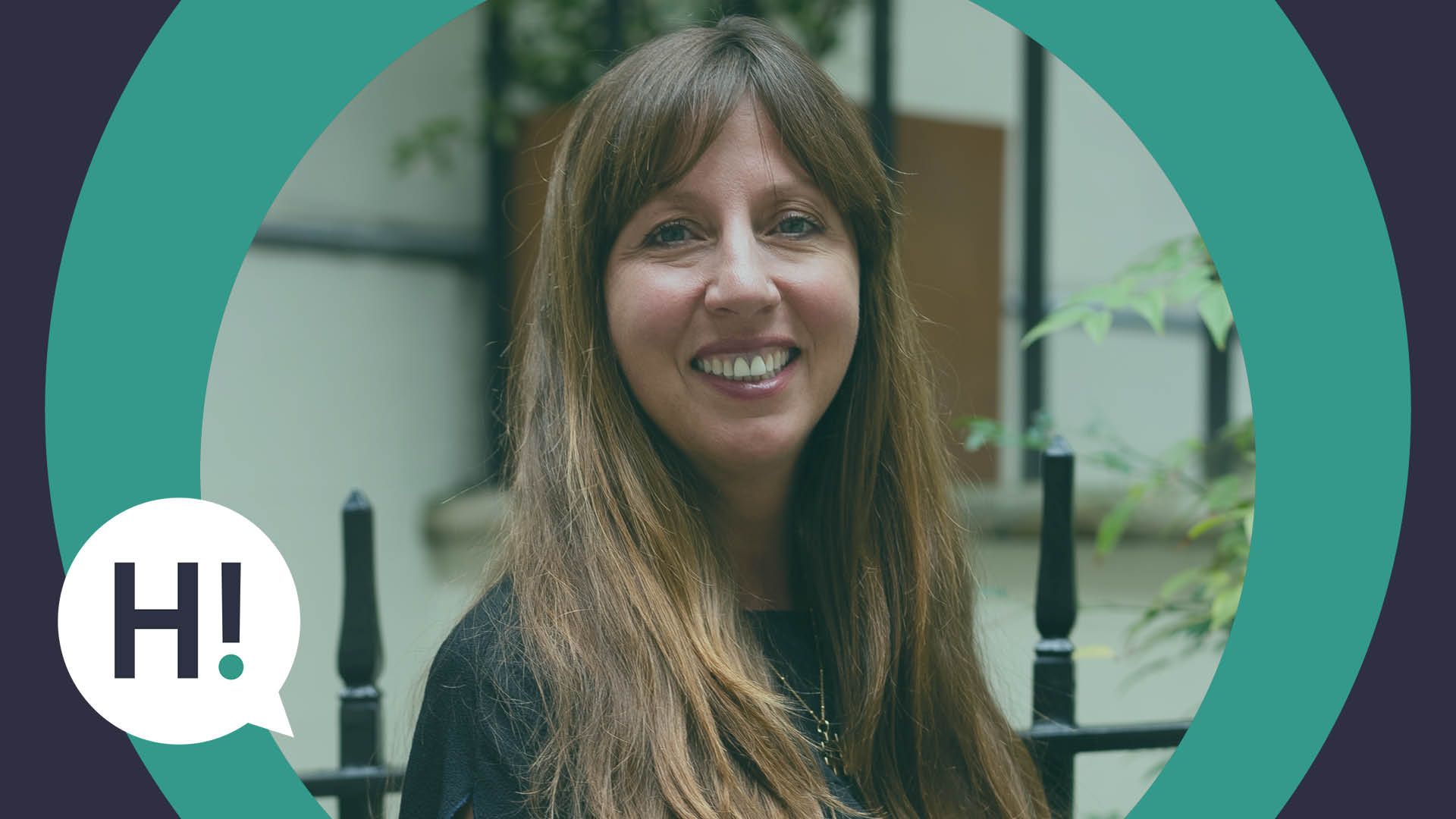Who. Is. Hintel?
As part of our Building Tomorrow Together series, we’re saying H! to our leadership team; the people behind the data, the people behind the words, and the people behind our business. Each leader has walked a different path in life and provide unique expertise to our service offering. They might have their own specialism, but they all have one thing in common: they’re passionate about people.
Third to be featured in the series is Eliza Jones, Director of Data and Research.
- What professional accomplishment are you most proud of?
Without doubt, it is always about growing the team, recruiting talented individuals, training them, supporting them, and watching them deliver great results.
Building a strong, happy and motivated team is always the key to successful delivery which leads to client loyalty and future business. And of course, growing the team starts with recruiting the right talent.
It’s important to remember that the right talent doesn’t mean that everyone is the same.
It’s about being motivated, inquisitive, and organised. Really enjoying the role and wanting to achieve great results.
But no two team members are the same, every researcher has a slightly different style and way of working so we have the right personalities to match our clients, candidates and consultants who lead the search.
Having variety and diversity in the team means we can put the right people together to work on a wide variation of different mandates, and that’s something I’m really proud of.
- Why have you chosen to stay in research?
Speaking to a wide range of people in different sectors and at different levels has always really interested me. Understanding what their skills and career aspirations are and ultimately seeing them into new and exciting roles.
The results both I and the team achieve aren’t linked to targets, they are achieved because we treat every assignment we work on as a fresh project and a chance to find new and interesting candidates we often haven’t had any interaction with before.
The global platform is huge! I always feel like I’m learning something new with each role I work on. It never gets boring and it’s always a real pleasure to start a new search and think, right – how are we going to find interesting and talented candidates for this?
- What skills do you bring to the industry that give you a competitive advantage?
I have worked in Executive Search for over 20 years across most sectors and across a broad range of functions. I can talk to anyone in any sector and engage with them constructively.
I’m also very persistent and I never take non-returned calls as a no! In fact, not even someone saying no means I give up, there are many times when I go back to a candidate to see if there is a different way to engage with them on a particular role.
Experience not only teaches you about what good looks like in a candidate but it’s about being confident and personable, gaining people’s trust so they share their personal information about their role, their manager, and their team along with their salary details.
- What are you most passionate about professionally?
It’s simple: providing exceptional service. You can’t beat a warm conversation with a great candidate and a happy and impressed client. And I firmly believe in sharing both the successes and the challenges with the team, it’s always a team effort. I do believe this job should be enjoyable, and interesting and add proper value both to the candidate and the client.
- What problems do you consistently solve for your clients?
Bringing in new talent and offering them a service that might bring something different to their organisation. We aren’t just there to fill a vacancy; we get to understand their business and offer them future-proof solutions.
By consulting with a client properly and taking the time to get to know their business we are consistently able to offer broader advice other than just ‘you need to hire someone with ABC experience’.
We talk to them about what different levels of experience might bring.
Often, we might be suggesting a profile that they hadn’t considered before, it’s our job not just to listen and go away and do what is instructed verbatim but to understand and then gently challenge when needed to say, ‘have you considered this?’ instead.





